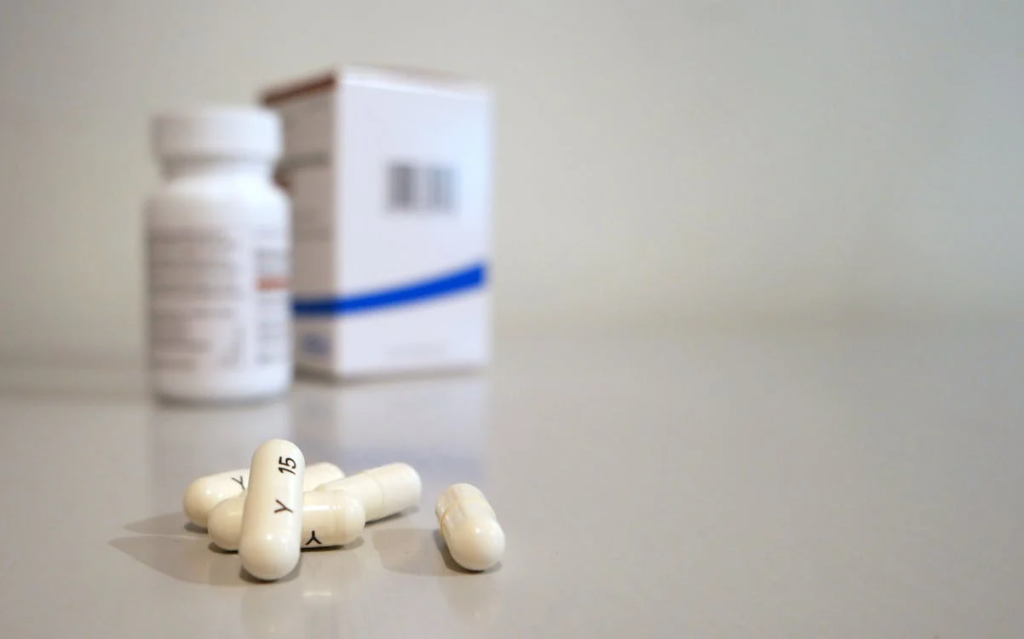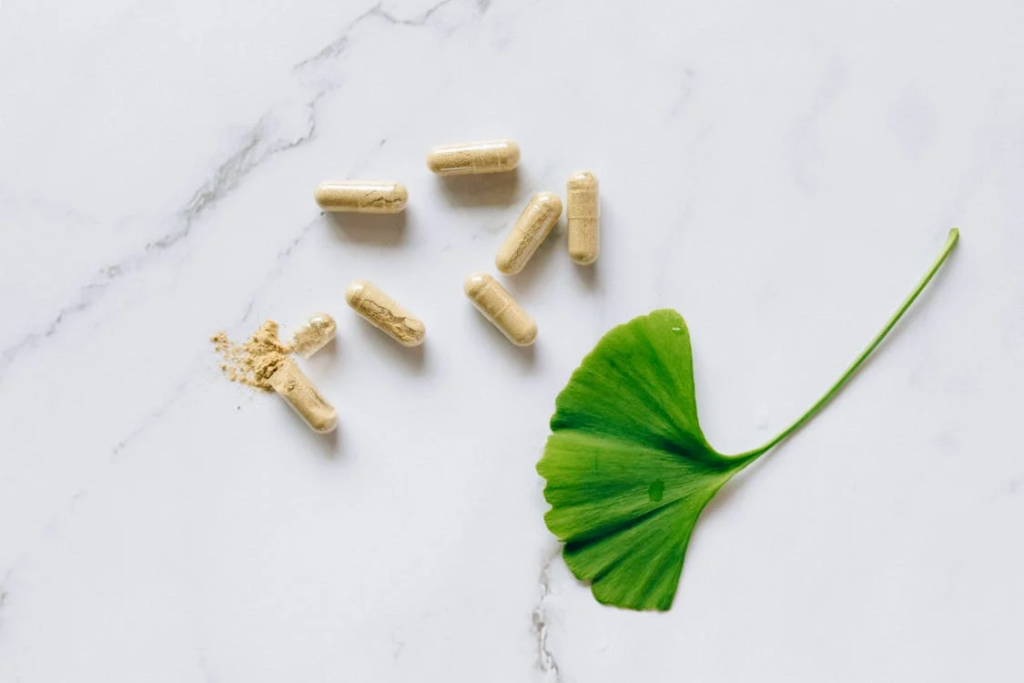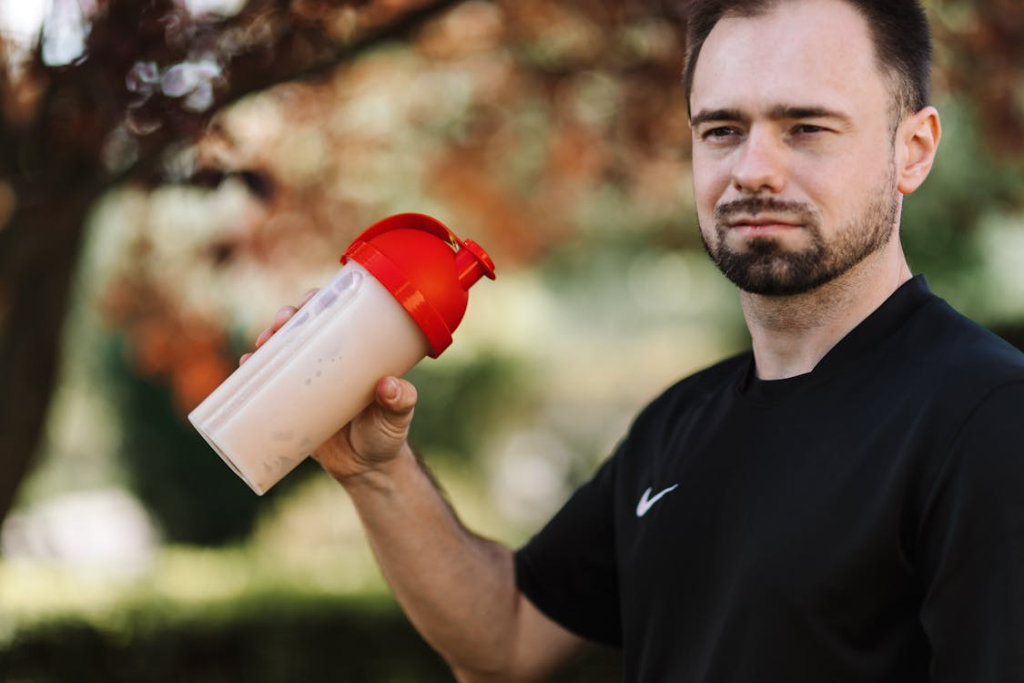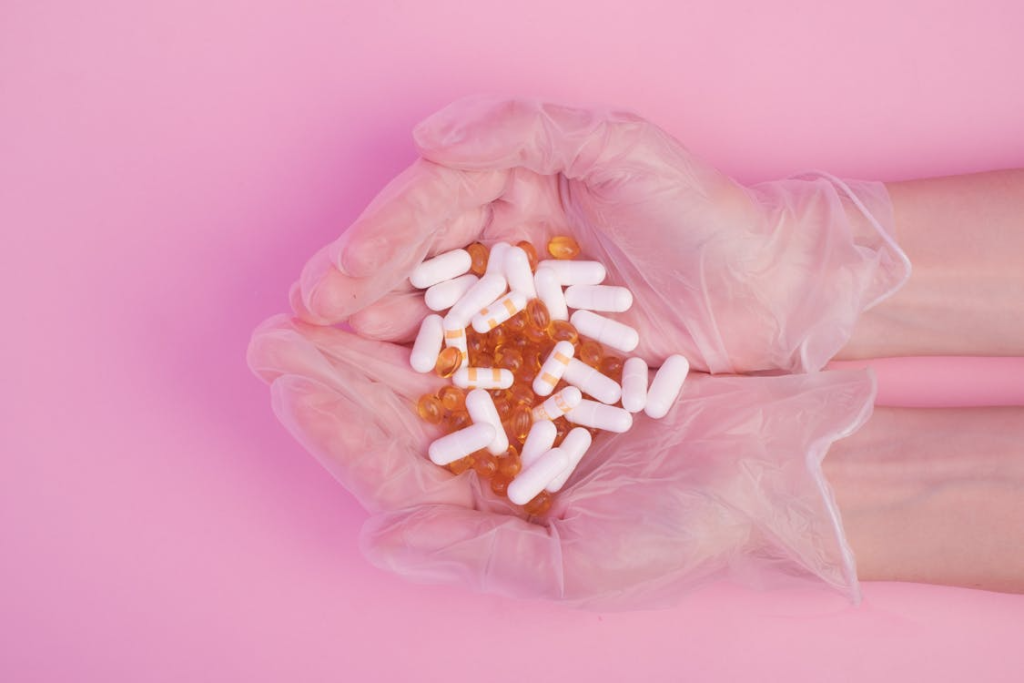Over recent years the supplement industry has exploded into a multi-billion dollar market. From a niche wellness trend to nearly three-quarters of American adults taking dietary supplements regularly, supplement use has skyrocketed. Social media influencers and celebrities on Tik-Tok and other platforms have played a crucial role in popularizing supplements commercially.
However, this wellness boom carries hidden dangers that medical experts increasingly worry about, particularly liver failure. 84% of supplement users believe supplements to be safe and effective, though they are not FDA approved for medical applications. Researchers have discovered an alarming rise of supplement-related liver injuries over recent decades, prompting urgent warnings from healthcare professionals.
Read More: Why These Two Common Vitamin Supplements Could Be Doing You More Harm Than Good
The Alarming Statistics Behind Rising Liver Damage
Supplement-related liver damage now accounts for 20% of all hepatotoxicity (liver damage) cases in the United States. From 1995 through 2020, supplement-related liver failure requiring transplant waitlisting increased immensely. Previous research estimates the U.S. sees 44,000 cases and 2,700 deaths linked to liver damage from medications and supplements . Multi-ingredient nutritional supplements cause the majority of documented liver injuries. The challenge lies in determining which ingredients trigger adverse reactions in susceptible individuals.
Most Dangerous Supplements Identified by Researchers

6 botanical supplements pose the highest risk for causing liver damage. These include turmeric, kratom, green tea extract, Garcinia cambogia, red yeast rice, and black cohosh. Approximately 15.6 million Americans take supplements with at least 1 of these 6 botanicals. Most users report taking these supplements without any medical supervision.
Green tea extract tablets and capsules create particular problems for certain individuals. Bodybuilding supplements often contain illegal anabolic steroids that induce prolonged cholestatic liver injury. These products typically cause distinctive biochemical and histological damage patterns.
How Supplements Cause Liver Damage

Excessive amounts of these supplements can overwhelm even healthy liver function, leading to liver damage. This process creates inflammation, cell death, and potentially complete liver failure. Fat-soluble vitamins accumulate in liver tissue over time. High-dose niacin and certain herbal compounds build up gradually. This accumulation can trigger delayed toxic reactions weeks or months after taking the supplements. The liver’s detoxification pathways become blocked with build up, allowing harmful metabolites to build up.
The Regulatory Gap Creating Consumer Risks

The FDA cannot approve dietary supplements for safety before market release. Supplement companies bear responsibility for ensuring product safety standards. This creates significant gaps in consumer protection compared to prescription medications. Thorough research is not required before supplements reach store shelves.
Dietary supplement labels must display specific information including serving sizes and ingredients. However, manufacturers do not have to disclose potential side effects. The FDA only monitors adverse reactions after products enter the marketplace. This reactive approach subjects consumers to unreported risks and complications.
Third-party testing is not mandatory for supplement manufacturers. Quality control varies dramatically between different brands and products. Some supplements contain unlisted ingredients, contaminants like heavy metals, or incorrect dosages.
Read More: 7 of the Riskiest Dietary and Herbal Supplements on the Market, and the Right Way to Take Them
Warning Signs of Supplement-Induced Liver Injury

Recognizing liver damage symptoms can prevent serious complications. Early signs include nausea, loss of appetite, and abdominal pain. Dark urine and generalized itching often follow these initial symptoms. Jaundice represents advanced liver dysfunction requiring immediate medical attention.
Upper right abdominal pain indicates potential liver inflammation or swelling. Swollen belly and unexpected weight loss suggest serious liver compromise. Disorientation can signal advanced liver failure affecting brain function. These symptoms demand immediate medical evaluation and intervention.
Some individuals experience no noticeable symptoms during early liver injury. Regular blood tests can detect elevated liver enzymes before symptoms appear. Healthcare providers can monitor liver function in high-risk supplement users. Early detection allows for prompt intervention and damage limitation.
High-Risk Populations and Genetic Factors

Certain individuals face increased vulnerability to supplement-related liver damage. People with pre-existing liver conditions carry significantly higher risks. Genetic factors influence individual susceptibility to supplement-induced liver injury. These variations can make certain individuals extremely sensitive to specific compounds.
Middle-aged and older adults show higher rates of botanical supplement use. This demographic often takes multiple supplements simultaneously, increasing their risk for liver damage. Older adults may have reduced liver function, making them more vulnerable.
Read More: 3 Common Signs That Indicate You May Need A Magnesium Supplement
Multi-Ingredient Supplements Present Complex Challenges

Multi-ingredient nutritional supplements account for most documented liver injuries. These products typically contain 3 to 20 different components. Determining which specific ingredient causes toxicity becomes nearly impossible. Complex interactions between ingredients can create unexpected toxic effects.
Popular multi-ingredient brands frequently implicated include Herbalife, Hydroxycut, and OxyElite Pro. These products often combine herbal extracts with synthetic compounds. Marketing claims rarely acknowledge potential liver toxicity risks. Consumers assume these mainstream products undergo rigorous safety testing.
Bodybuilding supplements present particularly high risks for liver damage. Many contain undisclosed anabolic steroids or steroid-like compounds. These illegal additions can cause severe cholestatic liver injury. Young men using these products face significant health risks.
Safe Supplement Practices and Prevention Strategies

Healthcare consultation before starting supplements provides essential safety guidance. Blood tests can establish baseline liver function and nutrient levels. This testing helps identify actual nutritional needs versus perceived deficiencies. Regular monitoring allows early detection of developing problems.
Choosing third-party tested supplements from reputable manufacturers reduces contamination risks. Avoid products that promise “quick fixes” or offer rapid weight loss. Sticking to recommended dosages prevents toxic accumulation in liver tissue. Quality supplements clearly label all ingredients and concentrations.
Supporting liver health through lifestyle changes provides better long-term benefits. Balanced nutrition, regular exercise, and adequate sleep are the best avenues for optimal liver function. These approaches address root causes rather than masking symptoms with supplements. Natural food sources provide nutrients in safer, more bioavailable forms.
Disclaimer: This information is not intended to be a substitute for professional medical advice, diagnosis or treatment and is for information only. Always seek the advice of your physician or another qualified health provider with any questions about your medical condition and/or current medication. Do not disregard professional medical advice or delay seeking advice or treatment because of something you have read here.
Read More: Creatine Supplementation Investigated in New Alzheimer’s Research Study
